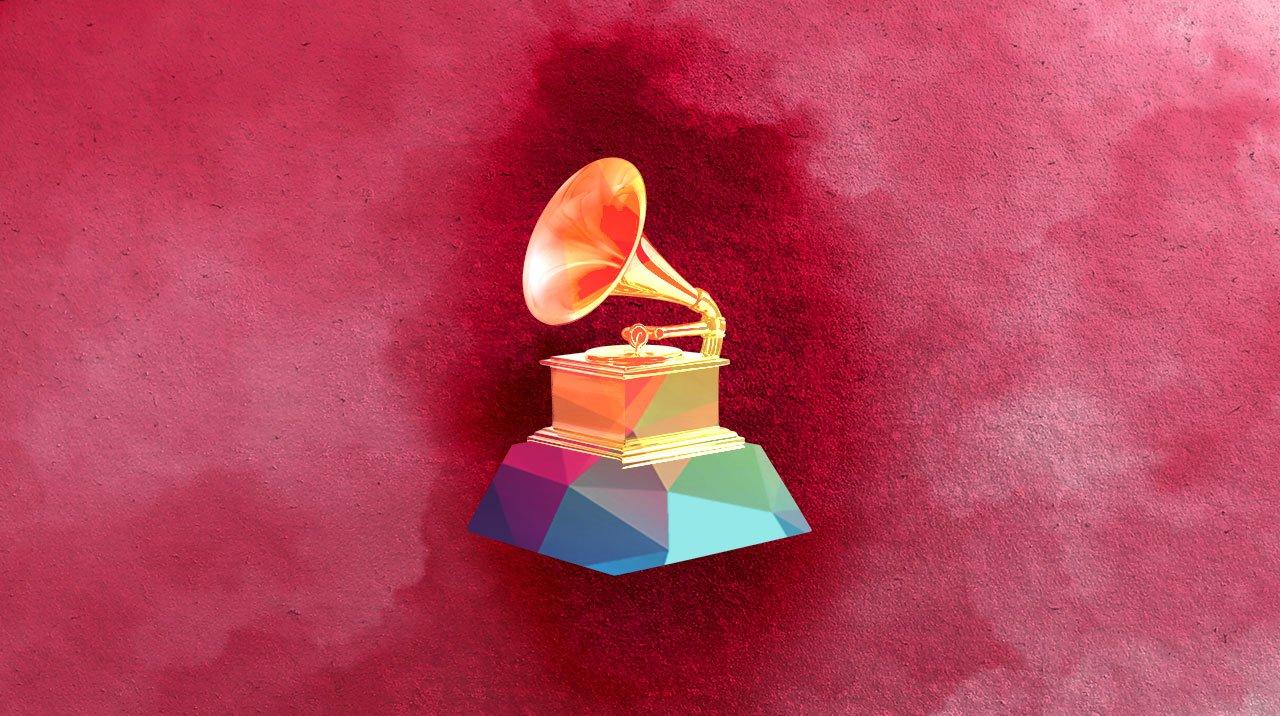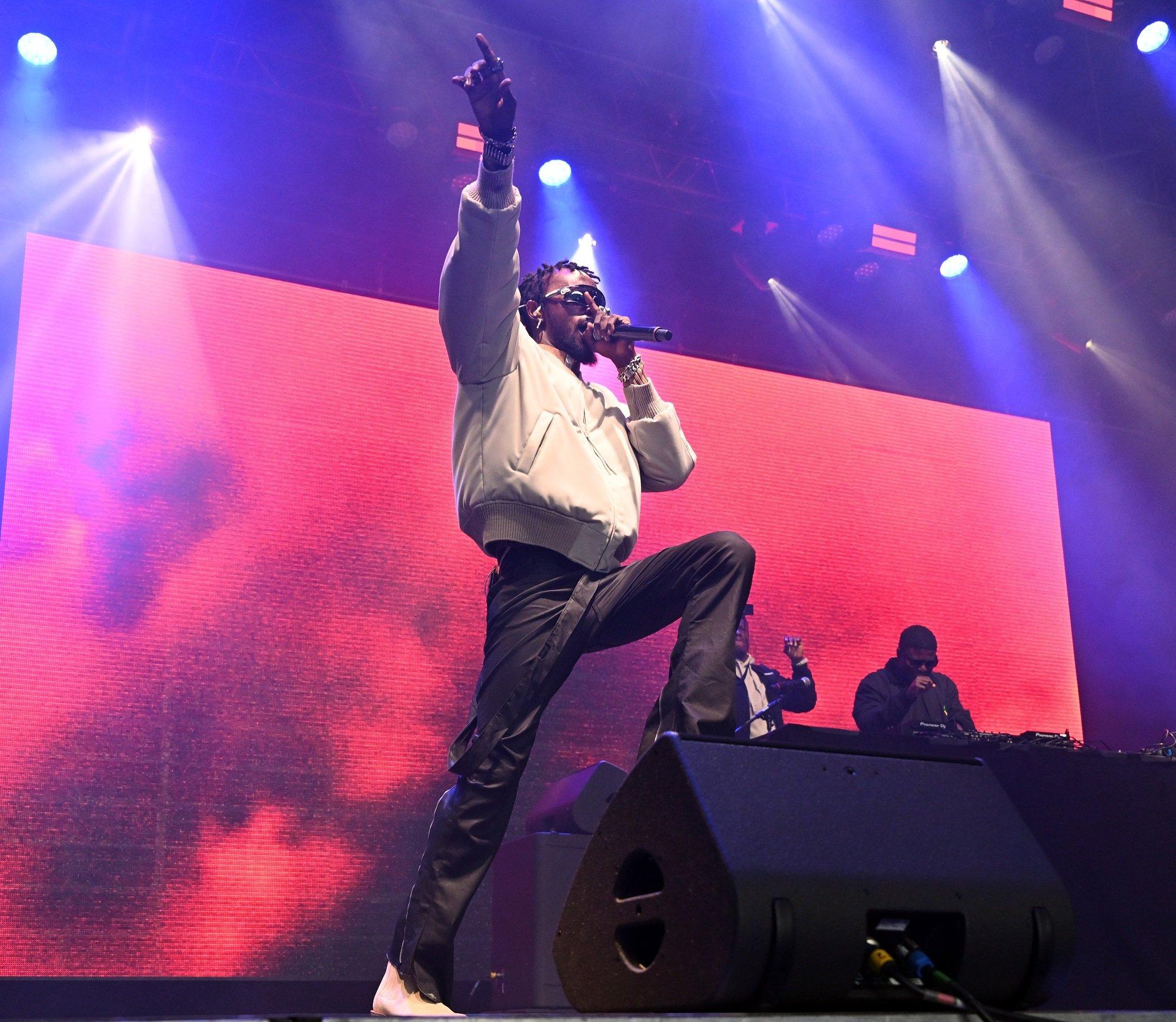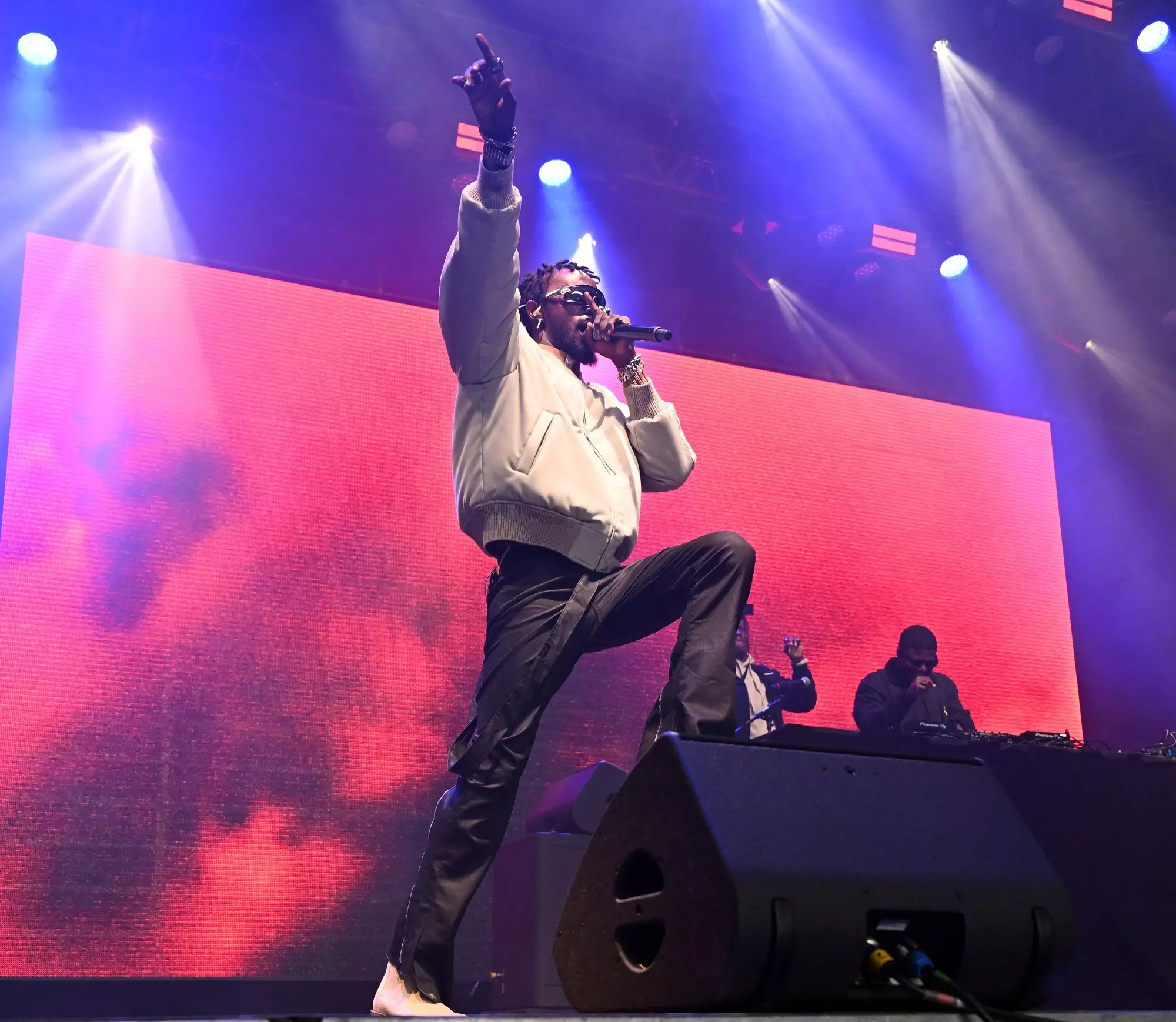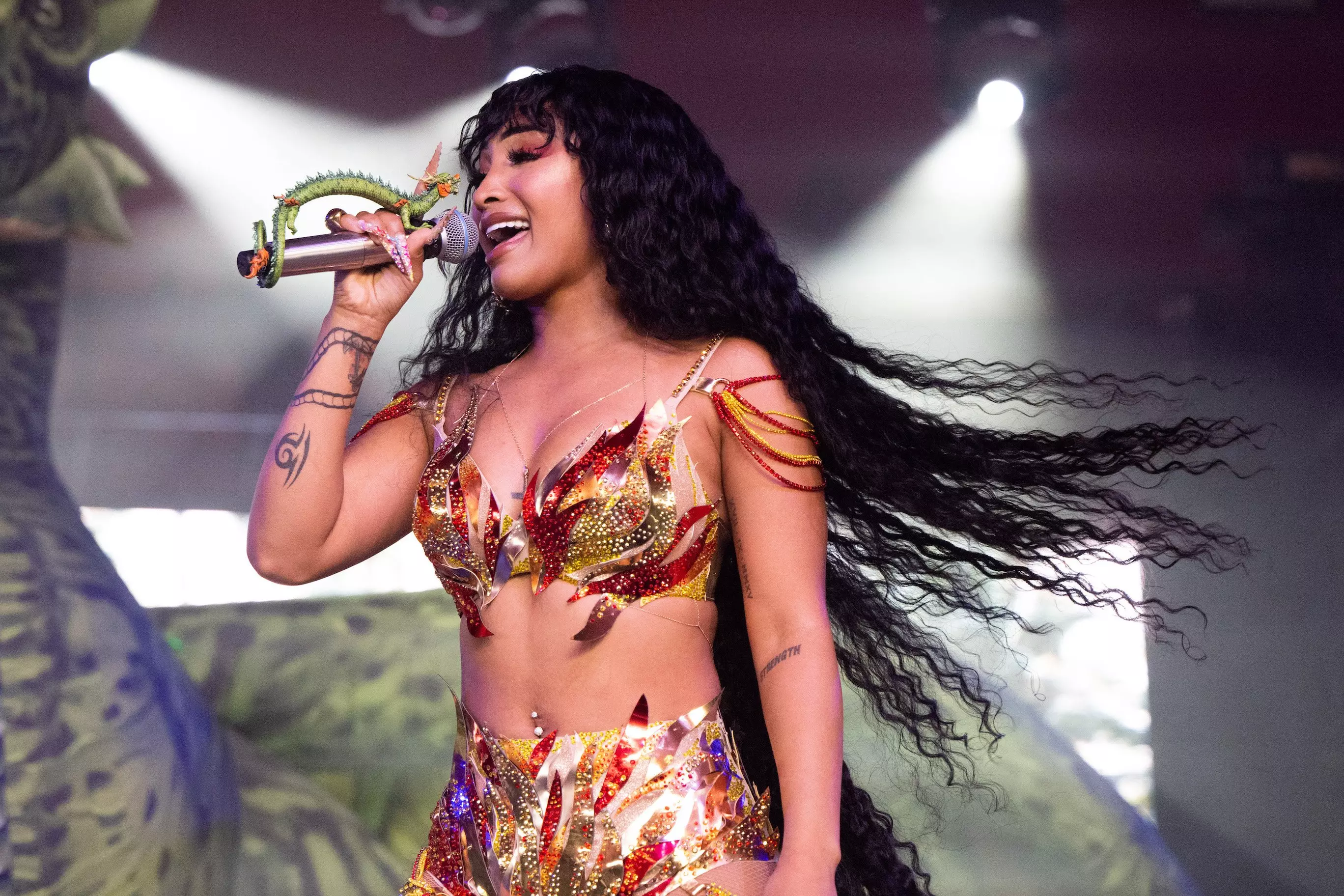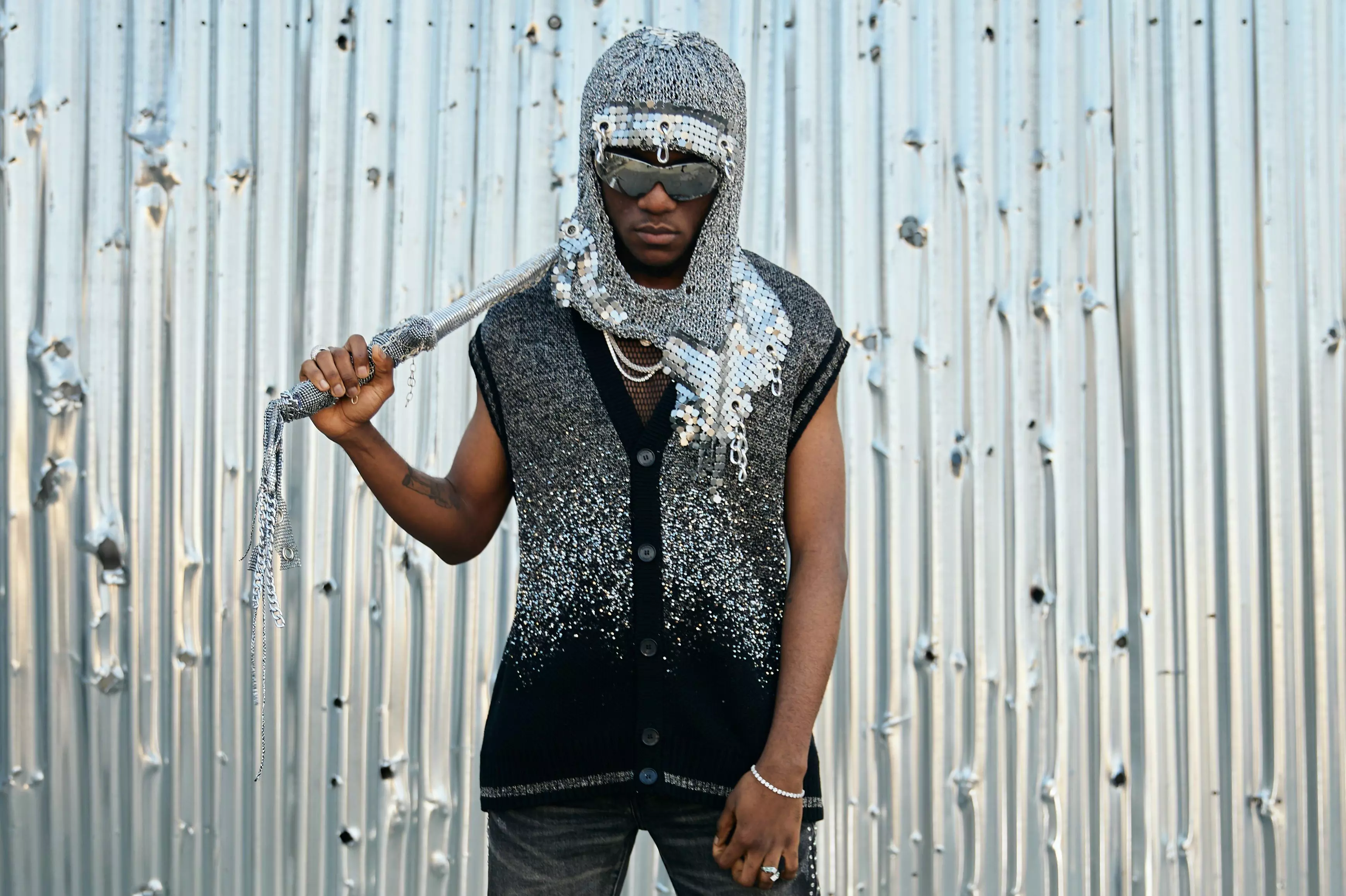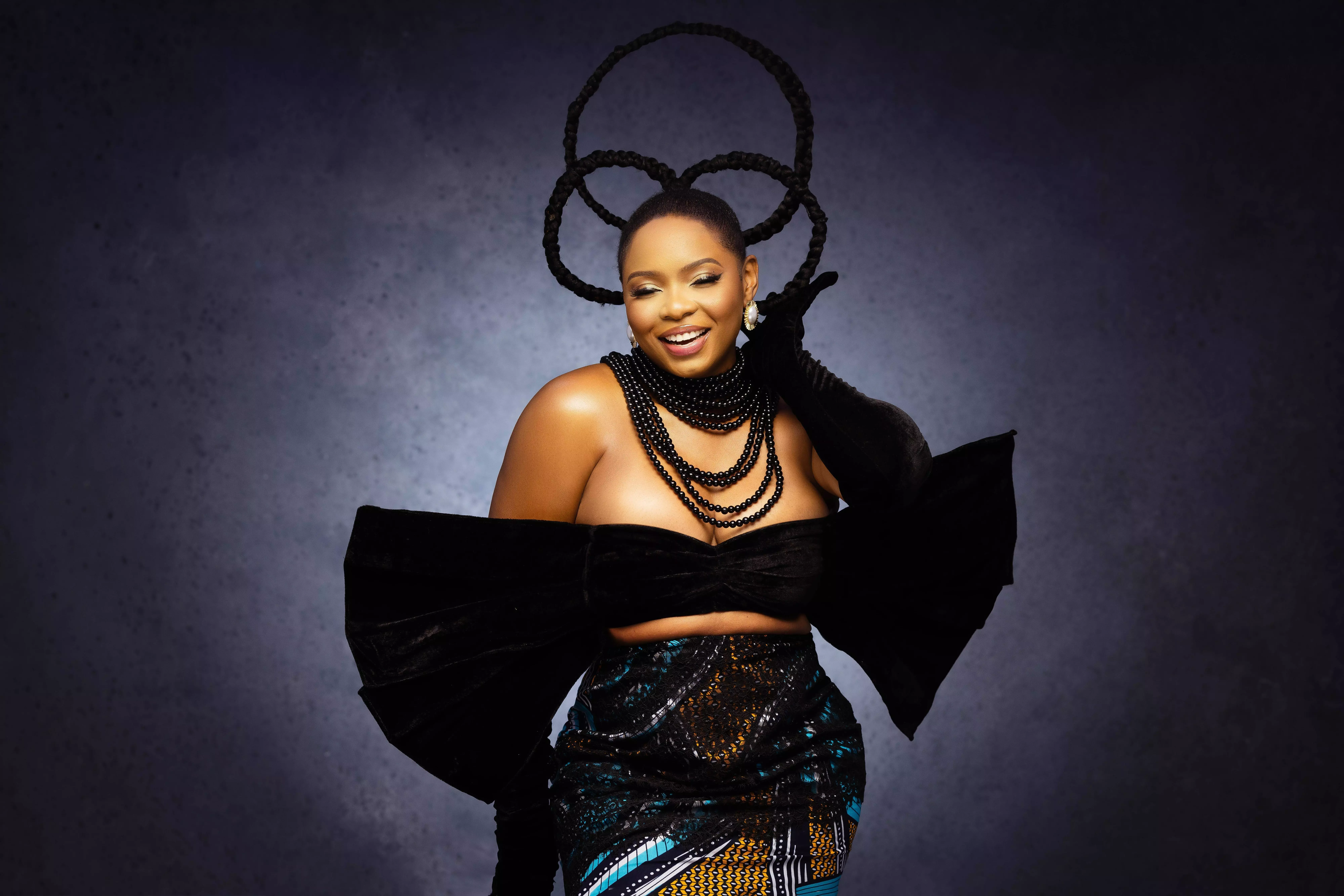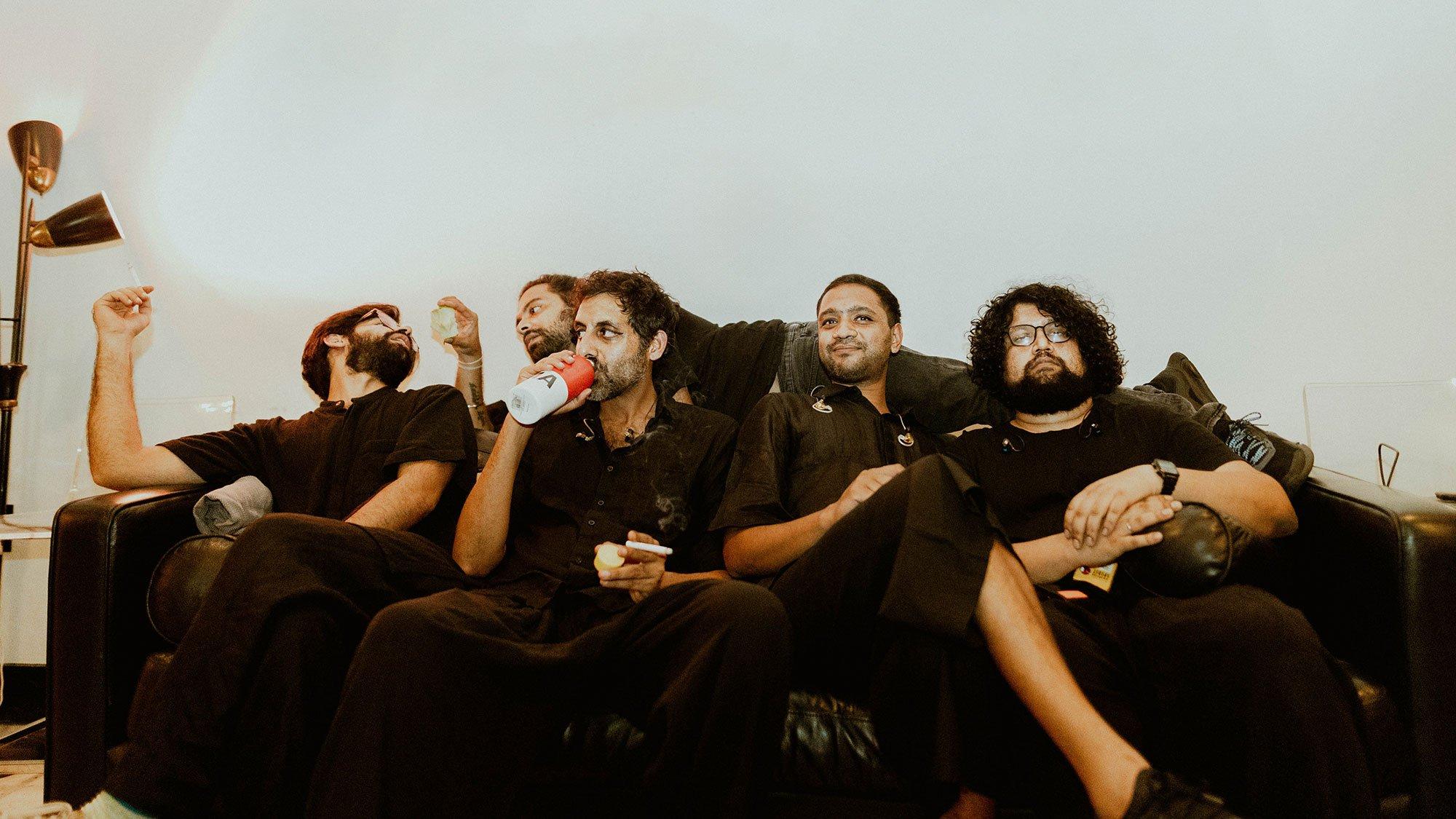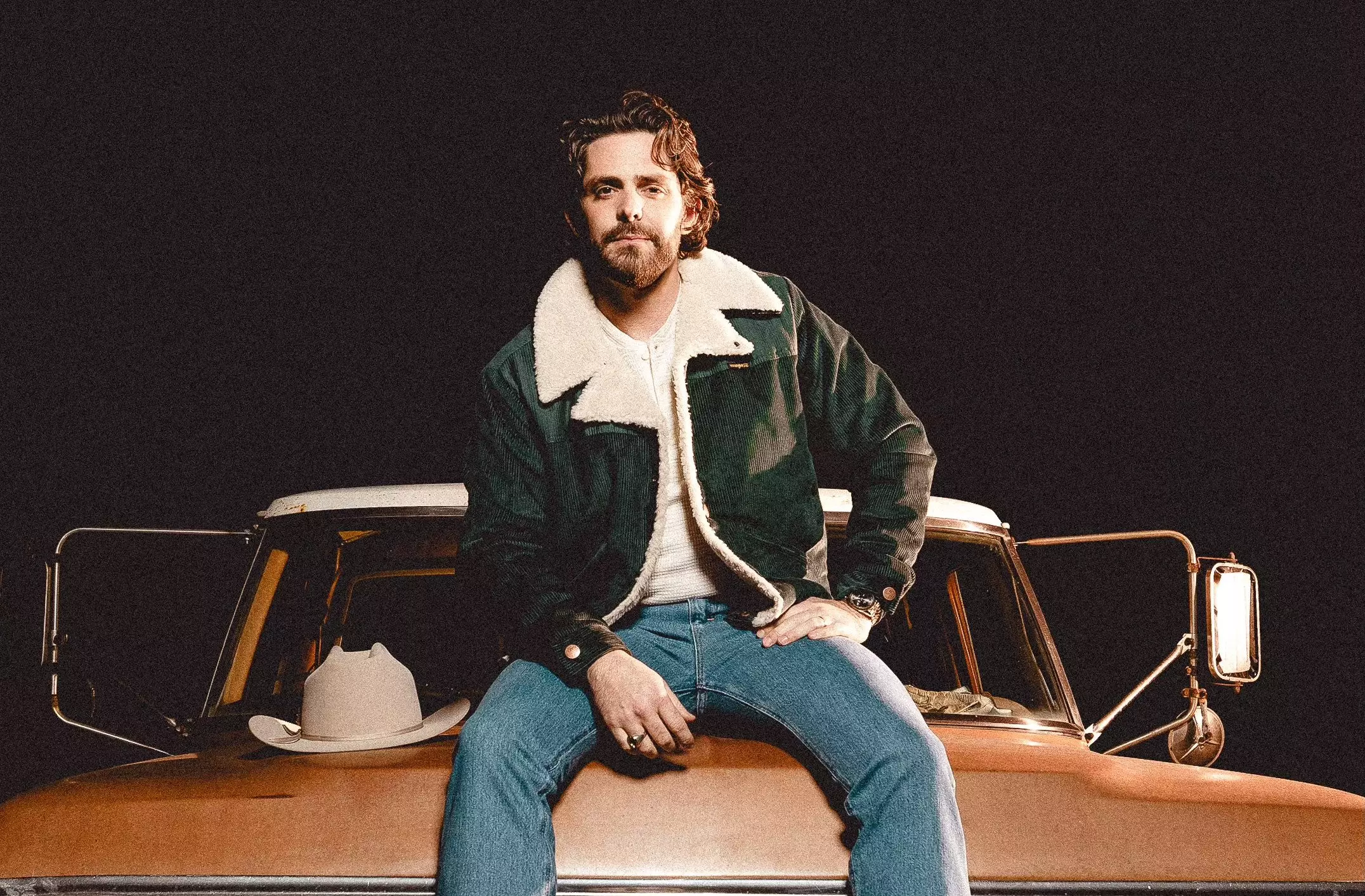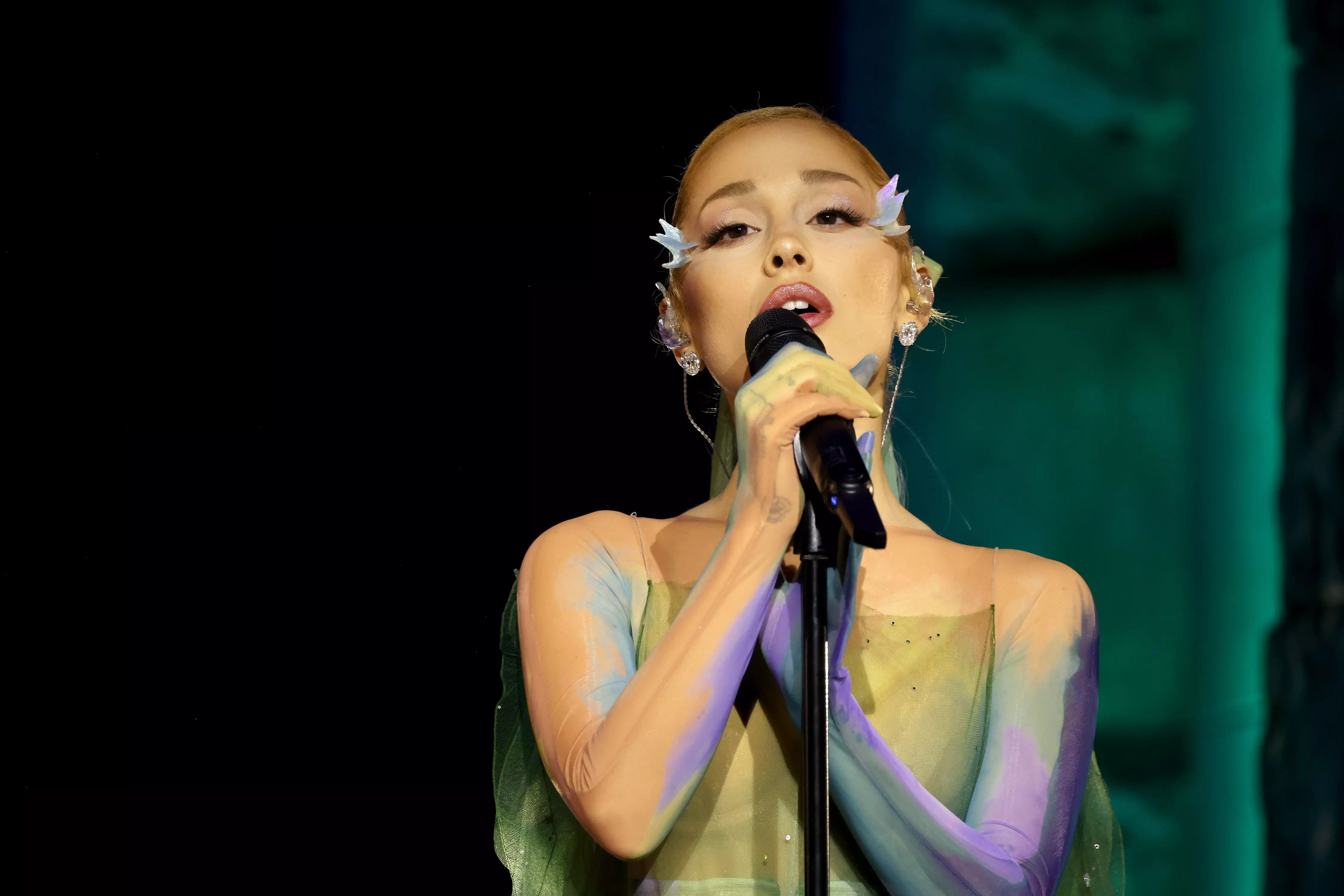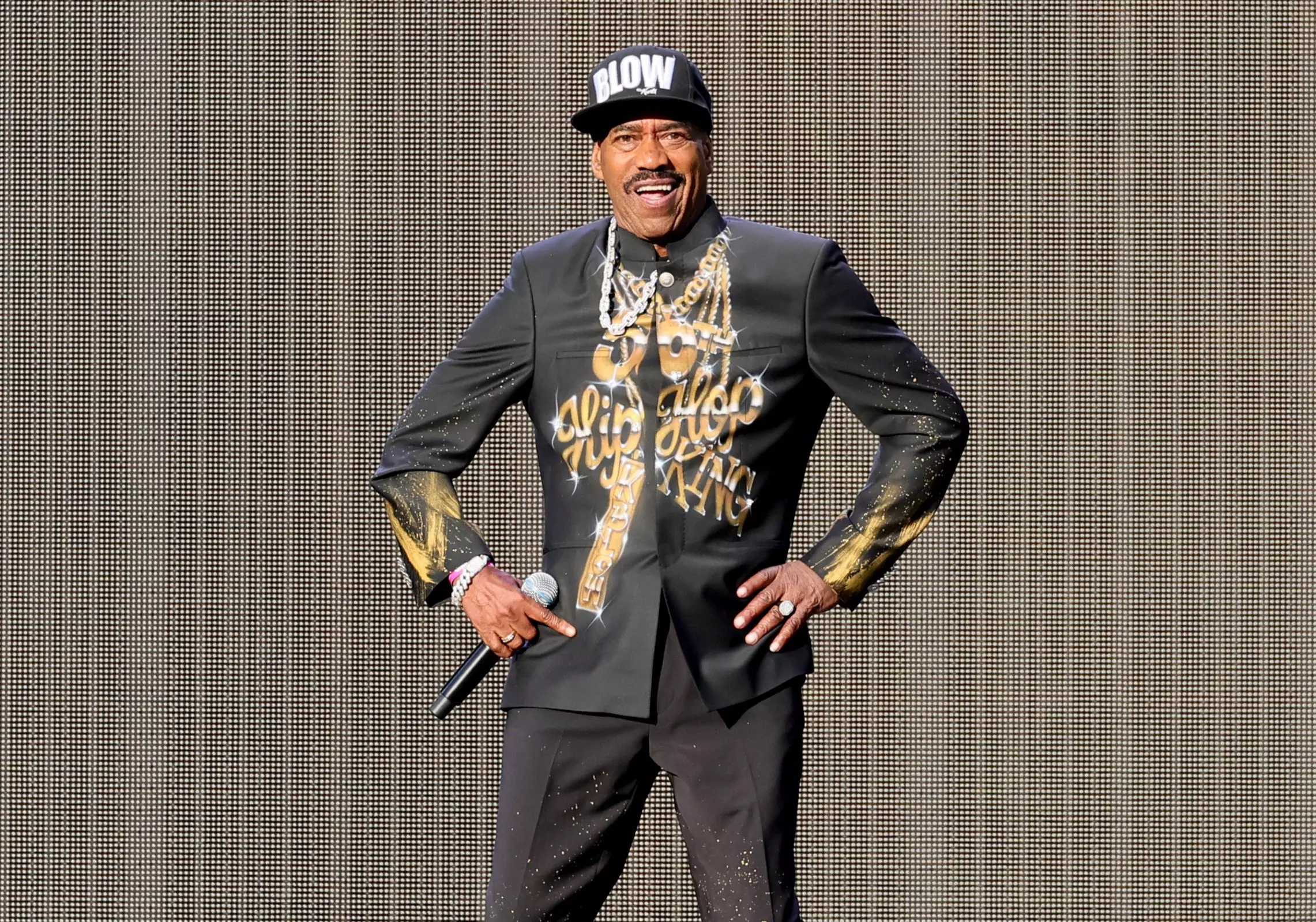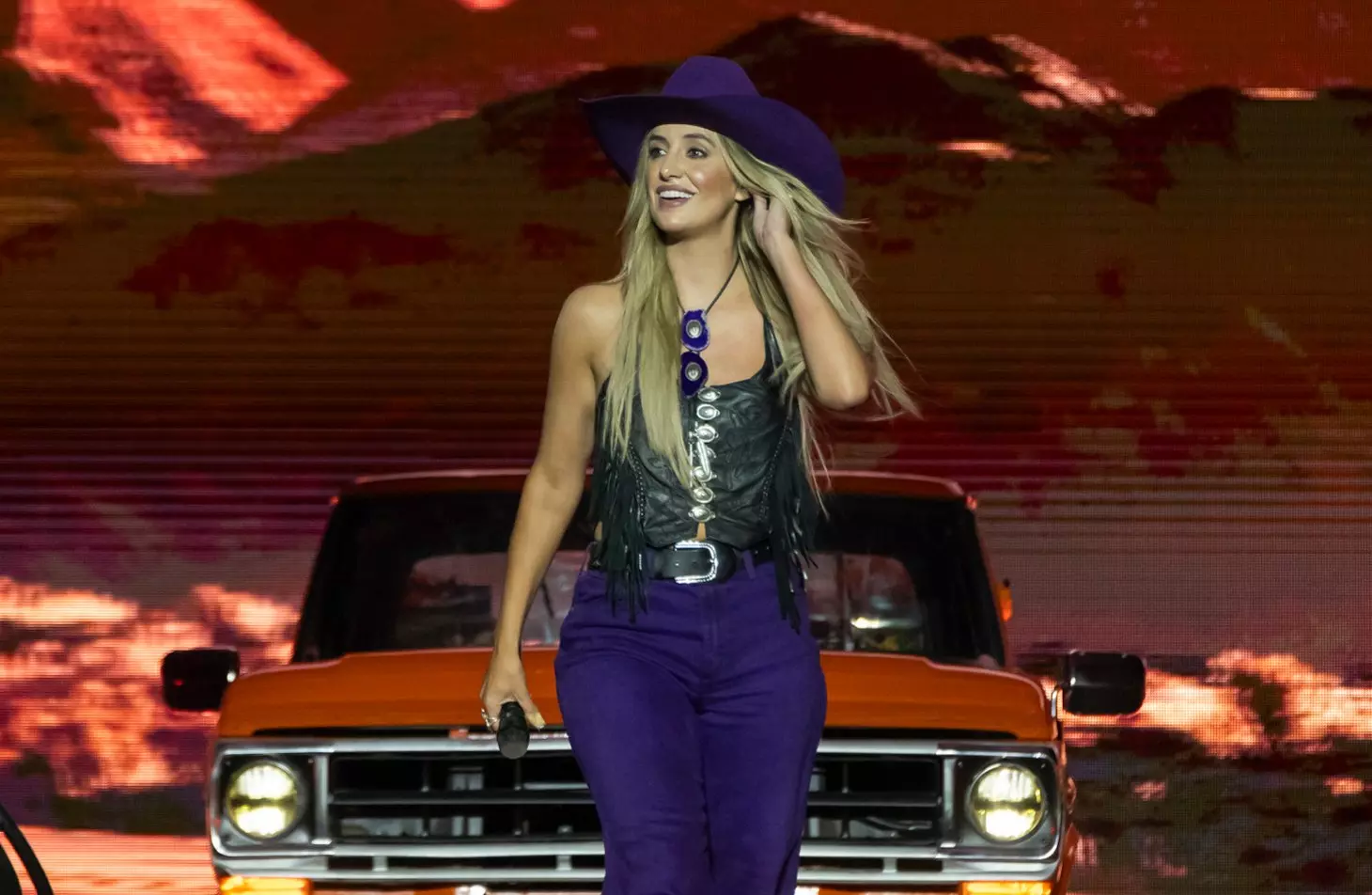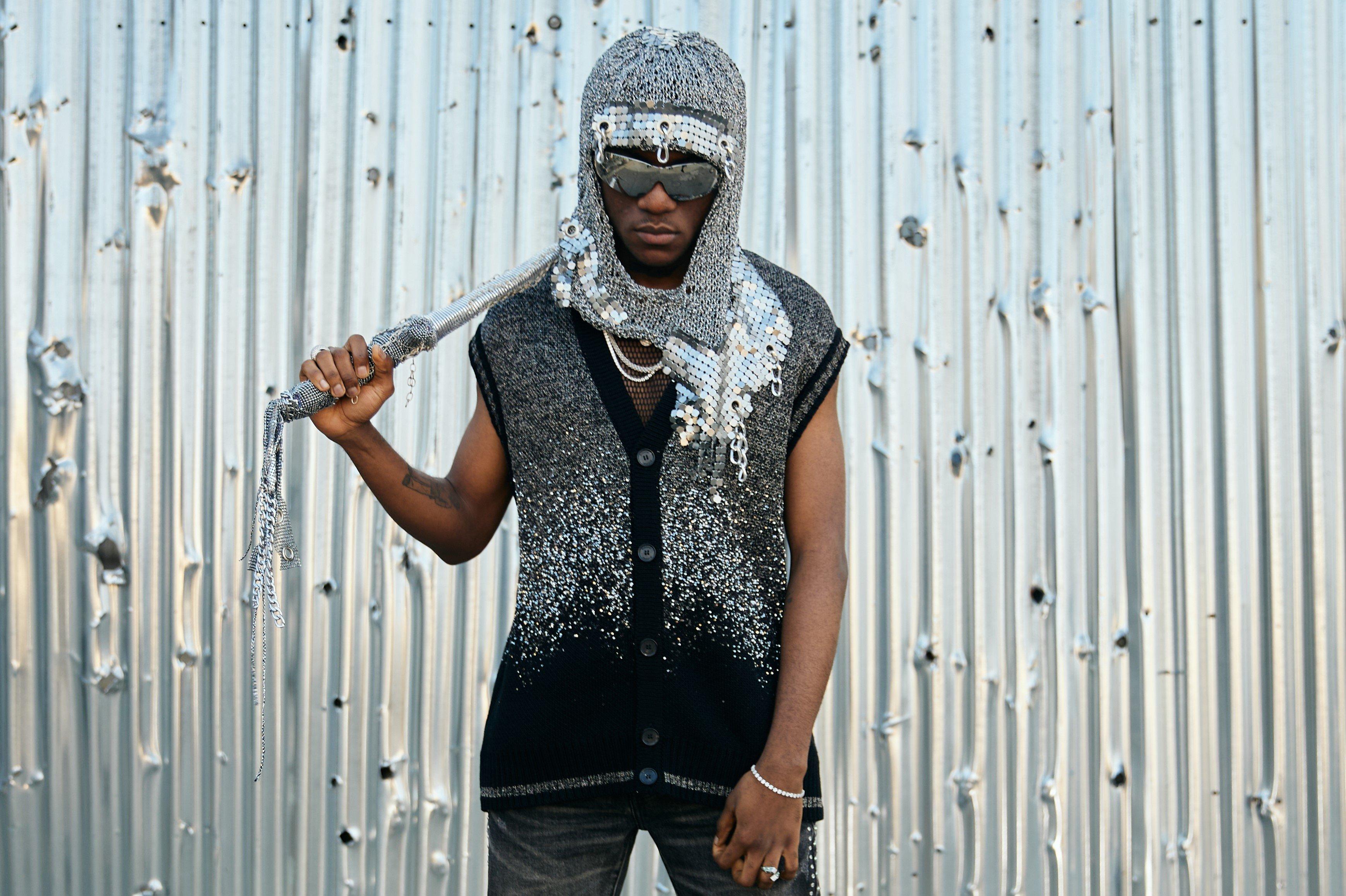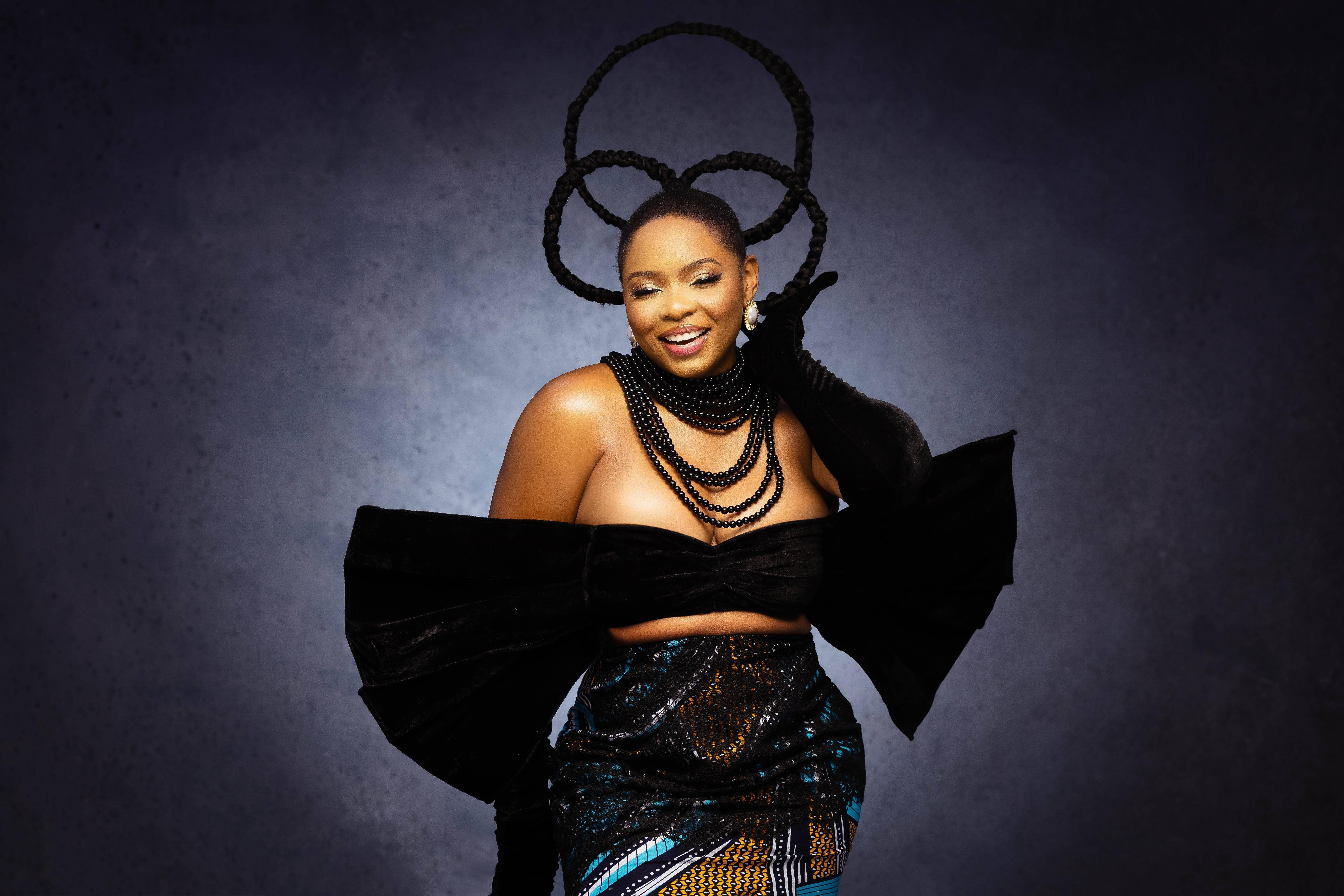An important and inclusive change is pulsing through the 2021 GRAMMYs process and resonating across the music community worldwide. The category formerly known as Best World Music Album will now be known as Best Global Music Album moving forward. For the inaugural class of nominees under the reimagined category banner, the nod is twice as sweet.
The adjustment in wording may seem subtle to some, but after deep research and conversations with artists, ethnomusicologists and linguists from around the world, the name refresh has been made to squarely address the baggage and connotation of "world music" by using a more adaptive and inclusive category title.
"The change symbolizes a departure from the connotations of colonialism, folk and 'non-American' that the former term embodied while adapting to current listening trends and cultural evolution among the diverse communities it may represent," the Recording Academy explained in an email to its members.
Read More: Why The GRAMMY Awards Best Global Music Album Category Change Matters
The Best Global Music Album nominees at the 2021 GRAMMYs reflect the spirit of vast musical diversity and cultural inclusion that the newly renamed category was created to celebrate. Today, GRAMMY.com takes a closer look at the albums and artists up for the honor.
To find out who will win, tune into the 2021 GRAMMYs Sunday, March 14, on CBS.
Fu Chronicles, Antibalas
<style>.embed-container { position: relative; padding-bottom: 56.25%; height: 0; overflow: hidden; max-width: 100%; } .embed-container iframe, .embed-container object, .embed-container embed { position: absolute; top: 0; left: 0; width: 100%; height: 100%; }</style><div class='embed-container'><iframe width='560' height='315' src='https://www.youtube.com/embed/videoseries?list=OLAK5uy_nU0G5LFv4ElpHDSo6aMPtm70WkTHR-5_E' frameborder='0' allow='accelerometer; autoplay; clipboard-write; encrypted-media; gyroscope; picture-in-picture' allowfullscreen></iframe></div>
Two decades and seven albums into their ascension from Brooklyn to the biggest stages across the world, Antibalas have earned their first career GRAMMY nomination for Fu Chronicles. Daptone Records, the legendary label who released the project, aptly describes the album as "a thrilling sonic journey of kung fu meets Afrobeat," and it certainly exudes the energy and electricity of both.
Recorded with 17 musicians packed into Daptone House of Soul in Bushwick, N.Y., and later sculpted and shaped by visionary members Duke Amayo, Martín Perna and Gabriel Roth, Fu Chronicles sizzles and bursts with the relentless energy of the band's live performance experience heard as a soundtrack blasting through an arcade fighting game. Endearingly, the album's martial arts theme makes for the perfect pairing with Antibalas' Afrobeat mastery.
Twice As Tall, Burna Boy
<style>.embed-container { position: relative; padding-bottom: 56.25%; height: 0; overflow: hidden; max-width: 100%; } .embed-container iframe, .embed-container object, .embed-container embed { position: absolute; top: 0; left: 0; width: 100%; height: 100%; }</style><div class='embed-container'><iframe width='560' height='315' src='https://www.youtube.com/embed/videoseries?list=PL_Sc3Kp_QmNYuvjjmDE6Q5ouixRhvihJ9' frameborder='0' allow='accelerometer; autoplay; clipboard-write; encrypted-media; gyroscope; picture-in-picture' allowfullscreen></iframe></div>
After a decade on the rise, Nigerian Afro-fusion sensation Burna Boy had a breakthrough year in 2019. He made a major statement Stateside with his appearance at Coachella and dropped his formidable, feature-filled fourth album, African Giant, which earned him his first career GRAMMY nomination. Now, he's back to take another crack at the newly renamed category with his follow-up, Twice As Tall.
On the album, Burna Boy continues to torch limitations, seamlessly blending styles and genres and fearlessly fueling the fire heating the melting pot of pop, Afrobeat, dancehall, reggae and more. Beyond boasting features from such style-spanning artists as Stormzy, Youssou N'Dour, Naughty By Nature and Chris Martin of Coldplay, Twice As Tall is a masterclass in the vibe and hustle that have made Burna Boy an international musical force.
Agora, Bebel Gilberto
<style>.embed-container { position: relative; padding-bottom: 56.25%; height: 0; overflow: hidden; max-width: 100%; } .embed-container iframe, .embed-container object, .embed-container embed { position: absolute; top: 0; left: 0; width: 100%; height: 100%; }</style><div class='embed-container'><iframe width='560' height='315' src='https://www.youtube.com/embed/videoseries?list=OLAK5uy_l_x8AO6khVwWqFY39IhDaNv_kK-oPbpnc' frameborder='0' allow='accelerometer; autoplay; clipboard-write; encrypted-media; gyroscope; picture-in-picture' allowfullscreen></iframe></div>
The return of internationally beloved star Bebel Gilberto was as triumphant as it was hard-won. Agora is the Brazilian singer-songwriter's first new album in six years, but it was created in the wake of a series of devastating personal tragedies, including the loss of both of her parents and her best friend. But Gilberto perseveres through the pain on Agora, preserving her unmistakable, silky vocal tone while introducing delicate electronic flairs, thanks to producer Thomas Bartlett (Sufjan Stevens, St. Vincent, David Byrne); the album ultimately bestowed her devoted fans everywhere a satisfying mix of familiar and fresh.
With Agora, Gilberto nabs her fourth nomination in the category, and her first in a decade, as she seeks her first-ever career win.
Love Letters, Anoushka Shankar
<style>.embed-container { position: relative; padding-bottom: 56.25%; height: 0; overflow: hidden; max-width: 100%; } .embed-container iframe, .embed-container object, .embed-container embed { position: absolute; top: 0; left: 0; width: 100%; height: 100%; }</style><div class='embed-container'><iframe width='560' height='315' src='https://www.youtube.com/embed/videoseries?list=OLAK5uy_n-xalIDRoE4ytW1x26UxnpxGMEV7T7Ezk' frameborder='0' allow='accelerometer; autoplay; clipboard-write; encrypted-media; gyroscope; picture-in-picture' allowfullscreen></iframe></div>
Anoushka Shankar has covered a lot of ground in her two-decade career as a prodigious mixologist of Eastern and Western music. Yet the GRAMMY-nominated sitarist/songwriter found new, more personal territory to explore with Love Letters, exemplified by the album's lead single, "Loveable" featuring Cuban-French twin-sister duo Ibeyi. The result was an album both elemental and cathartic with a heart that transcends hemispheres.
"I've written from a personal place before, of course, but there was something particularly tender and raw about the process this time," Shankar said of the project.
After six career nominations in this category, Shankar seeks her first GRAMMY win at the 2021 GRAMMYs. She follows in the footsteps of her father and mentor, Ravi Shankar, who earned four GRAMMY awards and 10 nominations throughout his legendary career as well as a posthumous Recording Academy Lifetime Achievement Award in 2013.
Amadjar, Tinariwen
<style>.embed-container { position: relative; padding-bottom: 56.25%; height: 0; overflow: hidden; max-width: 100%; } .embed-container iframe, .embed-container object, .embed-container embed { position: absolute; top: 0; left: 0; width: 100%; height: 100%; }</style><div class='embed-container'><iframe width='560' height='315' src='https://www.youtube.com/embed/videoseries?list=PLJ7QPuvv91JvoyAxBZdXHtiYK7RifgXrc' frameborder='0' allow='accelerometer; autoplay; clipboard-write; encrypted-media; gyroscope; picture-in-picture' allowfullscreen></iframe></div>
Tinariwen created Amadjar, their ninth album, not by meticulously overdubbing parts in the confines of a recording studio, but rather by recording live under a large tent in the deserts of Nouakchott, Mauritania, sans headphones and effects. Accordingly, the album captures the spirit of the group's unique folk/rock, guitar-based take on a very-much-alive West African musical tradition and features memorable appearances by an array of musicians from both sides of the Atlantic, including Noura Mint Seymali, Micah Nelson, Cass McCombs, Rodolphe Burger, Stephen O'Malley and Warren Ellis, the latter of whom is best known for his work with Nick Cave & The Bad Seeds and Grinderman.
Less of a conventionally defined band and more of a living, breathing collective of songwriters and musicians, Tinariwen won their first career GRAMMY for their 2011 album Tassalli and notched another nomination three years ago for Elwan (2017).
2021 GRAMMYs: Complete Nominees List

